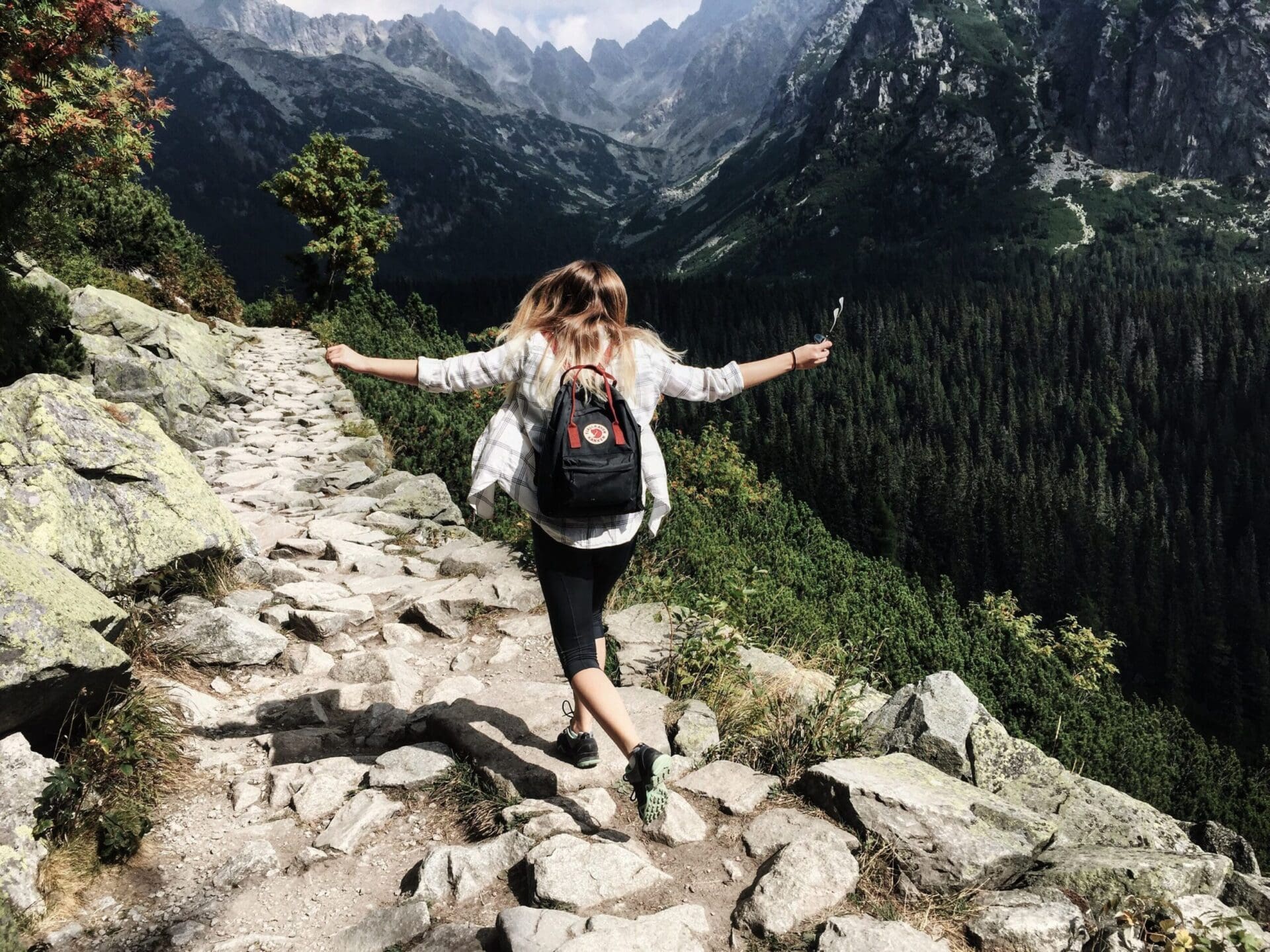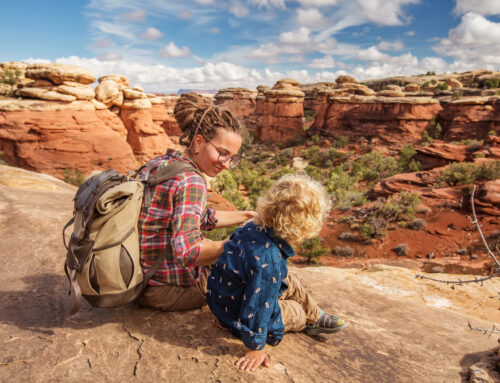Vital Tips For Staying Safe and Well While Hiking

6 Vital Hiking Tips to Ensure Your Safety and Comfort

Whether you’re going on a day hike or taking an extended backpacking expedition, there are essential tips to remember before setting out. You probably picture stunning views and fresh air when you think of a hiking trip. However, these activities can be physically challenging and put your safety at risk if they’re not handled with care. Hiking is an activity that has the potential to become dangerous very quickly if you don’t follow proper safety precautions. In fact, many outdoor enthusiasts have been injured or even killed while hiking because they weren’t as prepared as they should have been. Fortunately, these 6 vital hiking tips will help you stay safe and enjoy this thrilling activity for years.
Plan ahead
While hiking, it’s easy to get caught up in the moment and forget about important safety considerations. However, planning ahead can help to mitigate the risks and make your hike much safer. For starters, it’s essential to research the area where you plan to hike. You can use online guides, maps, or even guides written by experts such as Jerome Clavel to learn about the best trails in your region. You should also consider the time of year when you plan to hike. Some seasons are better than others due to weather conditions that may be dangerous or uncomfortable. For example, hiking in the summer can be extremely dangerous because of high temperatures. On the other hand, the winter months can be freezing and may even see large amounts of snowfall in certain regions.
Tell people where you are going.
If you’re planning a multi-day hiking trip, it’s important to let people know where you’re going and when you plan to return. This will help ensure that authorities can find you if something goes wrong. You can easily use a website like GatherMe to create a free account and notify your loved ones of your plans. If you are hiking with a group, you must tell someone you trust that you’re going on this adventure. This can help keep your friends and family at ease while on the trail. In the unfortunate event that something goes wrong, people may be able to take action sooner if they know that you’re hiking in a particular area. Bring a cell phone and GPS device so you can make contact if you run into trouble.
Stay on the trail
Hiking trails provide a safe and easy route through the wilderness. When you leave the trail, it can be easy to get lost. Even if you’re a skilled navigator, it’s easy to get turned around in dense shrubs or thick forest. This can put you in danger and delay your ability to return to civilization. Keeping to the trail also helps preserve the environment you’re hiking in. When people stray off the path, it’s easy for them to damage delicate plants and soil. Also, leaving the trail can disturb wildlife, making hiking even less safe.
Don’t go alone
Hiking is a great activity to do with friends or family. This allows you to split the cost of equipment and will enable you to help each other if one of you needs assistance. If you go hiking alone, you can put yourself at risk. If you get hurt, you may not be able to get help. You may also become lost without anyone to help you find your way back to safety. Whenever you go hiking, always travel with a friend. This will help to reduce any risk of getting lost or injured.
Wear the proper footwear and clothing
Wearing proper footwear can help to prevent a variety of foot-related injuries. In fact, it’s estimated that 25% of all hiking-related injuries are foot-related. You can easily avoid these types of damages by wearing the proper footwear. Sadly, many people don’t wear the right hiking shoes and get injured. While hiking, it’s essential to wear breathable clothing that provides a good amount of protection from the elements. This can help to prevent cuts, scrapes, and insect bites. Wearing too thick clothing can make hiking much harder as it can make you sweat more easily.
Stay Hydrated
Many hikers get into trouble because they have not consumed enough liquids (water) while hiking. Staying well-hydrated is of maximum importance. If you become dehydrated, you will become weak and will be not be able to regulate your body temperature properly which can lead to heat stroke or hyperthermia depending on the climate your are hiking in. Bring more water than you think you will drink. A backpack with an internal water bladder is ideal for keeping water available to you at all times. Sources recommend drinking 4 oz of liquid every 10-15 minutes.
By planning your hiking adventure in advance and packing essentials you are sure to have a wonderful outdoor adventure.




